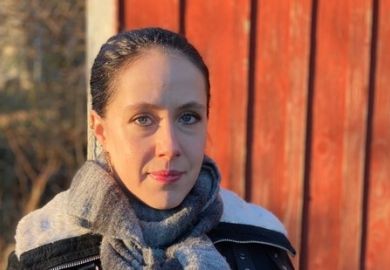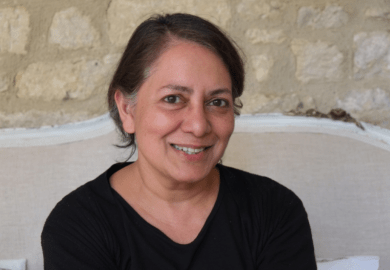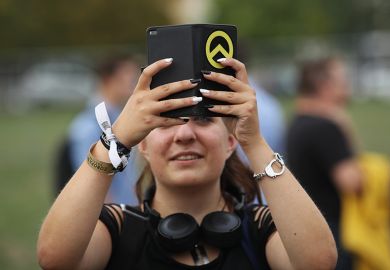Sweden wants to change the law to protect scholars against online harassment after it emerged that academics and public health officials had either quit Covid-19 research or had needed police protection because of threats.
The amendment to the country’s higher education act would guarantee academic freedom in research and teaching.
“It is a threat to democracy itself if researchers get silenced by hatred and harassment,” said Matilda Ernkrans, the minister for higher education and research, who has proposed the changes.
In Sweden, which has controversially imposed fewer restrictions on social contact during the pandemic than its European neighbours, Covid experts on both sides of the debate have suffered public abuse.
One researcher who concluded in January that relatively few children in Sweden had become seriously ill because of Covid-19 has stopped researching and speaking out because of the volume of angry messages he was receiving via social media and email, some of which blamed him for Covid-19 deaths, according to the Läkartidningen, a Swedish medical journal. Jonas Ludvigsson, a professor at the Karolinska Institute, said he had developed insomnia as a result and had chosen to “lie low”, it reported.
Meanwhile, Fredrik Elgh, a professor in virology at Umeå University who supports tougher measures, gets thousands of threatening social media messages a day, reported The Local, while prominent figures from the country’s Public Health Agency now require police protection.
Ms Ernkrans had started work on the amendment, which parliament will debate in the spring, before the pandemic, in response to the online harassment of researchers working on politically contentious areas such as immigration, climate change and gender. “We could see a year ago that there were threats and hatred against researchers working on these topics,” she told Times Higher Education.
THE Campus: Netiquette and encouraging good behaviour in online classes
“Now, researchers in the field of Covid-19 are the ones being hated on,” she continued. The proposed amendment was also a response to a global threat to academic and university independence, she added.
“It’s a very important signal. It was important a year ago, but it’s more important now,” Ms Ernkrans said.
Sweden already has legal protections for the freedom of research, but this change would widen those to include all types of academic freedom, including teaching, explained Marita Hilliges, secretary general of the Association of Swedish Higher Education Institutions (SUHF).
But even Ms Ernkrans admitted that the amendment alone could not stop online harassment. “Of course, the Swedish law of higher education itself cannot regulate social media,” she said, instead framing the amendment more as a signal of intent from the government.
Although universities welcomed the change, Professor Hilliges cautioned that “it won’t protect against media attacks and social media hate”.
Rather, the hope is that the amendment will push universities to better support their academics who encounter a barrage of online anger.
“If somebody is getting a threat, and it needs to be reported to the police, this should be done,” said Ms Ernkrans. “They need to do more to protect their employees. You have to be able to go to your workplace and feel safe.”
The SUHF is surveying academics to get a sense of the scale of harassment, she said.
“But of course, this will not be enough,” she acknowledged. “It’s something we will have to keep on working with.”
Register to continue
Why register?
- Registration is free and only takes a moment
- Once registered, you can read 3 articles a month
- Sign up for our newsletter
Subscribe
Or subscribe for unlimited access to:
- Unlimited access to news, views, insights & reviews
- Digital editions
- Digital access to THE’s university and college rankings analysis
Already registered or a current subscriber?









